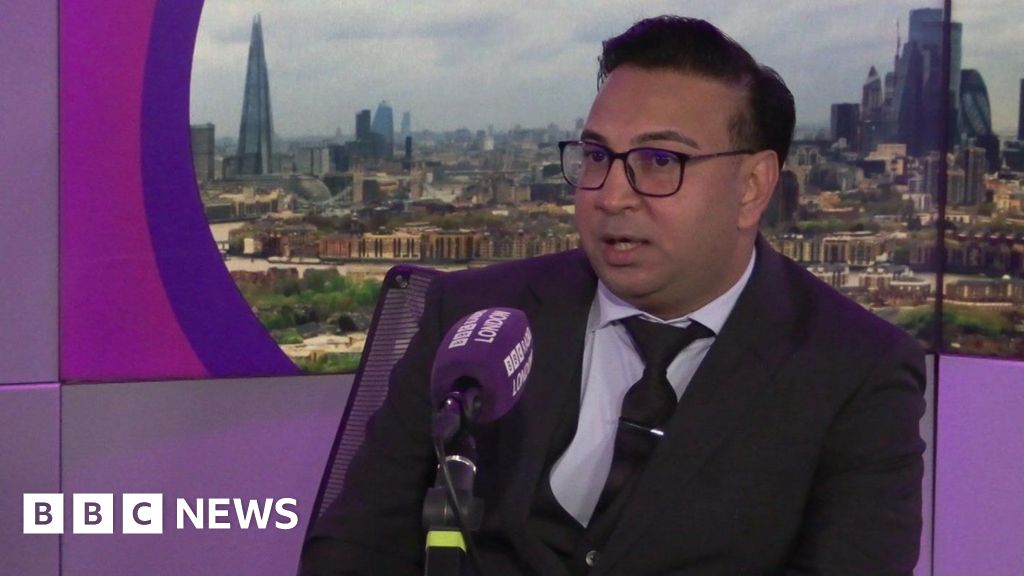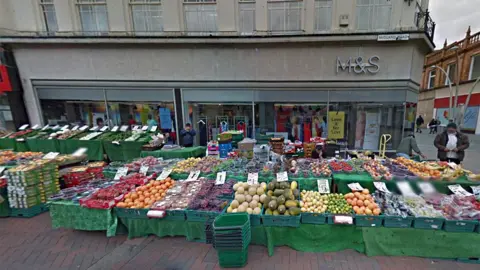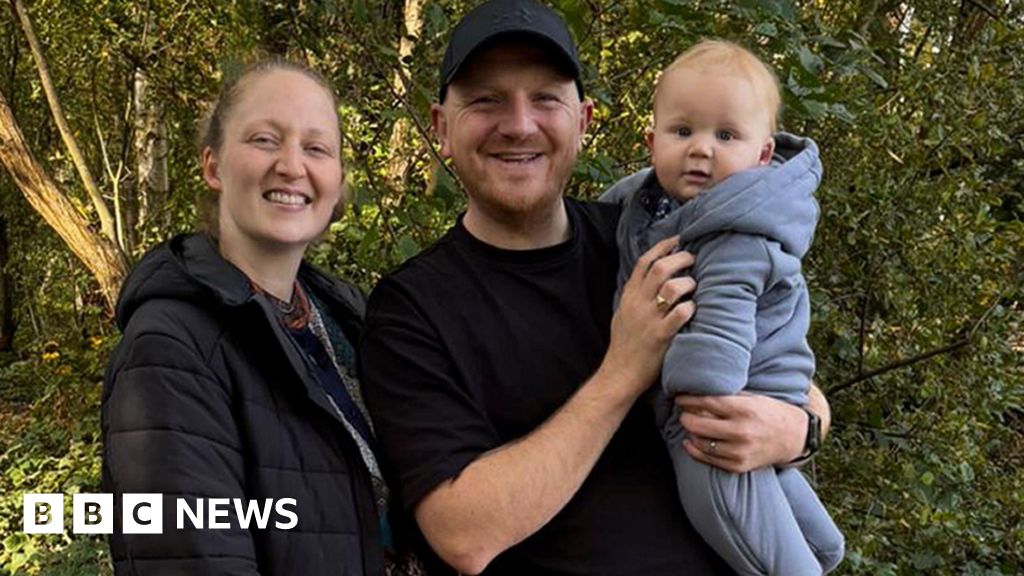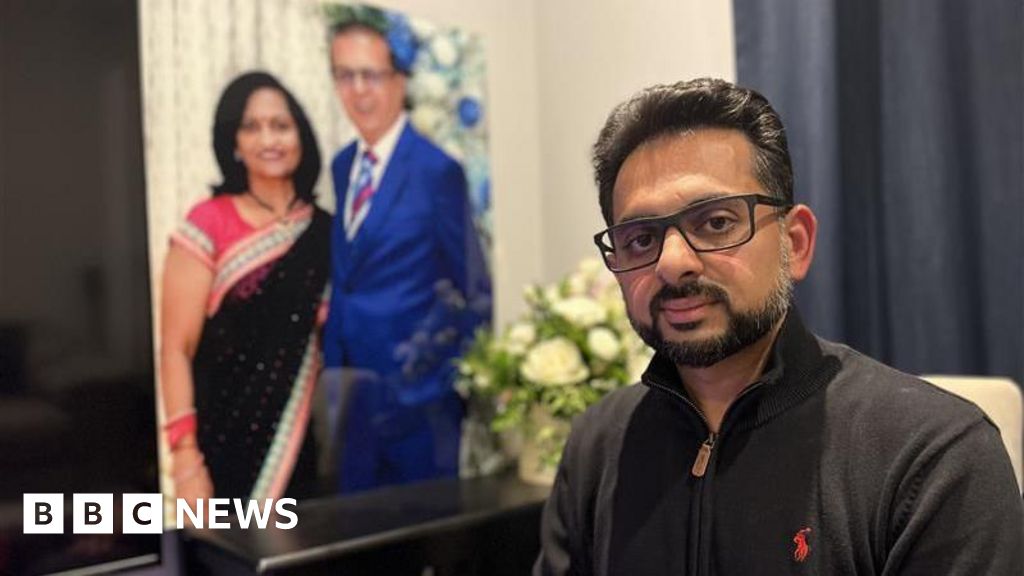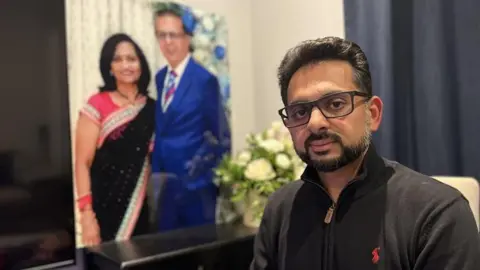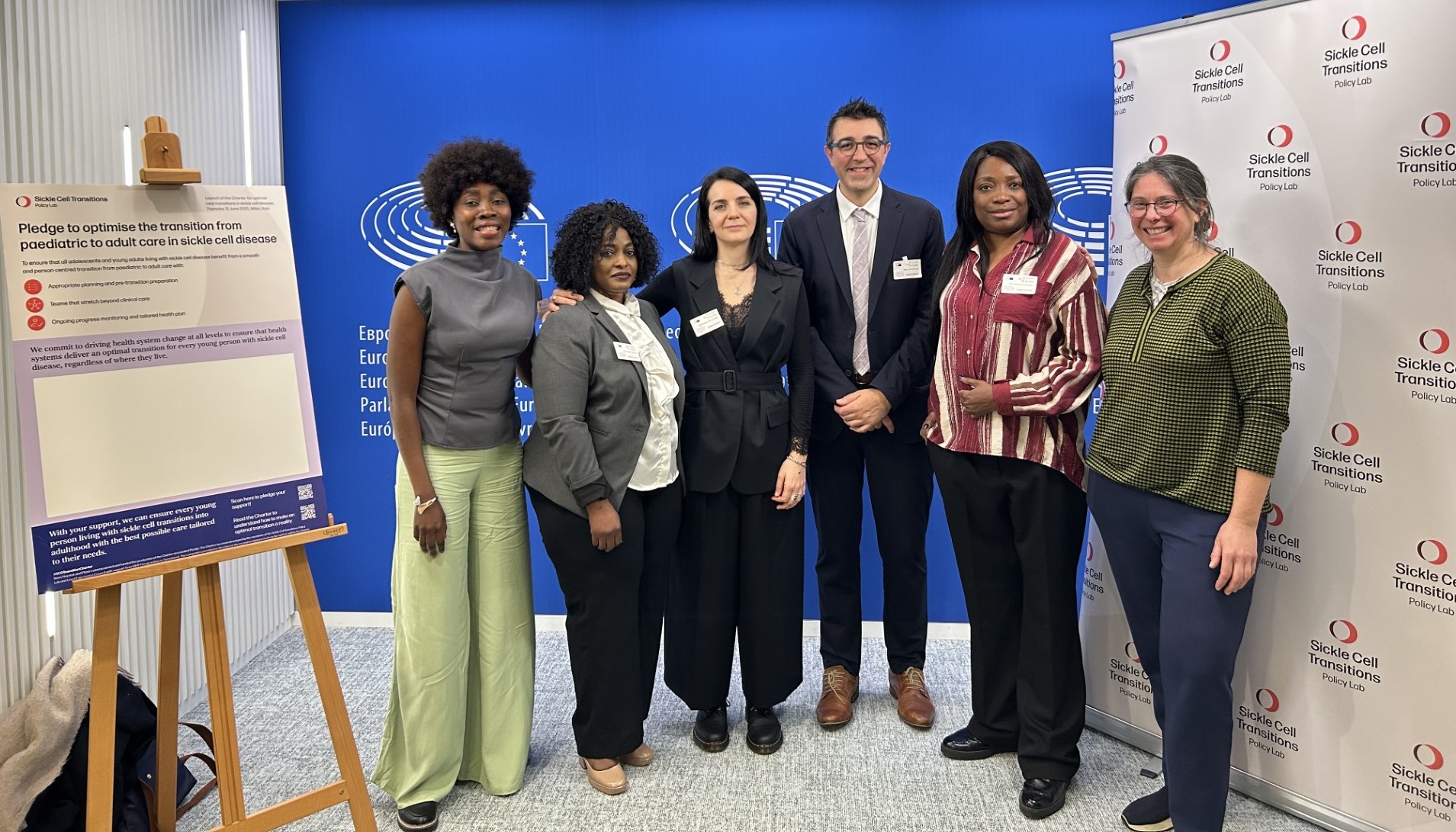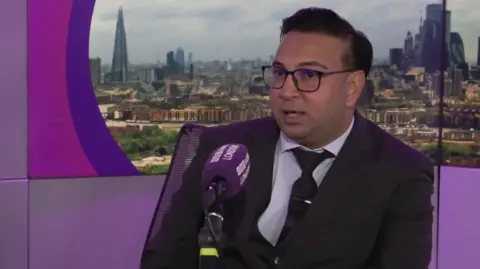 BBC
BBCA couple of years ago, London banker Varun Yadav downloaded several dating apps, hoping to meet his life partner.
On Indian matrimonial site Jeevansathi, meaning “life partner” in Hindi, he started talking to a woman who said her name was Rekha Shah.
After months of talking on WhatsApp and video calls, she asked him if he would invest in crypto trading with her – a decision which caused him to lose his life savings and left him feeling suicidal.
“You see all the signs, but you are so emotionally attached. You are willing to lose the money, but you are not willing to lose the connection,” he told BBC Radio London.
Varun was a victim of romance fraud, a growing crime that saw an estimated £106m lost by victims in the UK past financial year, according to Action Fraud.
Victims in London account for just under £14m of that total, with 1,276 reports of romance fraud in the capital.
The average victim lost £11,222, but Varun lost far more, totalling around £40,000.
This comes as the Financial Conduct Authority (FCA) said banks are missing opportunities to help “break the spell” of romance scams.
They said some banks had gone to significant lengths to protect customers against romance fraud, but advised further measures, such as better detection and monitoring systems, identifying vulnerability early on, and compassionate aftercare.
The FCA also said firms need to train staff to spot red flags and critically probe customer explanations.
 PA Media
PA MediaVarun was initially cautious when asked to invest in cryptocurrency using a platform called Deuncoin, but was initially able to gain and withdraw money.
He was not aware of anything wrong until he made a big loss and the woman asked him to put in all his savings to recover the losses.
He then found he was unable to withdraw the funds, and realised “it was all one big scam”.
‘Fear and shame’
He said he thought his life was over after becoming a victim of romance fraud.
“I thought, I’ve lost everything. I’ve lost the person I thought was going to be my life partner, I’ve lost all my life savings.”
When he initially lost the money he knew it was a red flag, but said he “ignored the signs because of the fear and the shame”.
Now 41, Varun hopes sharing his story will help ensure others do not have to face what he went through alone.
“When I shared my story with my friends, a lot of them said they’d been part of a similar scam, but were too ashamed to say it.
“This is a trauma that will stay with me for life, but I’ve learnt coping mechanisms and rebuilt my life. There is hope.”
![Getty Images A text message being sent on a phone, reading 'I love [heart emoji] you. can you send me some money [heart emoji]'.](https://afnnews.qaasid.com/wp-content/uploads/2025/10/691d6cf0-aa7f-11f0-aa13-0b0479f6f42a.png.webp.webp) Getty Images
Getty ImagesWhat is romance fraud?
Romance fraud involves fraudsters creating fake online personas to gain someone’s trust and affection through the guise of a romantic relationship, and ultimately exploiting them for money.
They manipulate, persuade and exploit victims, often encouraging them to isolate themselves socially and requiring urgency and secrecy from the victim.
Action Fraud’s key tips for protecting yourself against romance fraud include:
- Never send money, vouchers or cryptocurrency to someone you’ve met online
- Treat people as you would if meeting in person, by asking questions and taking your time.
- Be cautious about how much information you share, and keep your social media accounts private and secure.
- Talk to friends and family.
- If you think you have been a victim of romance fraud, contact your bank immediately and report to Action Fraud.
- A list of organisations in the UK offering support and information with some of the issues in this story is available at BBC Action Line.
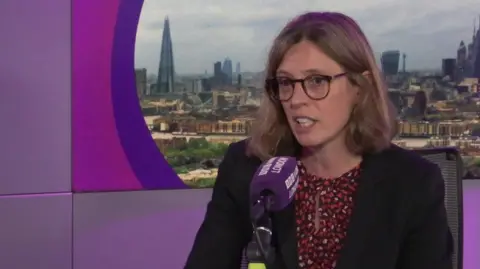
Earlier this month, the Metropolitan Police launched a campaign to help prevent people like Varun from getting scammed.
This includes videos giving real-life accounts from victims, showing what romance fraud looks like, how to prevent it, and where to get further support if needed.
They have also undertaken intelligence sharing to trace suspects overseas, and collaborated with banks, dating apps and social media sites to identify fraud.
Det Supt Kerry Wood, head of economic crime for the Met Police, said: “Romance fraud is one of the most devastating types of fraud we deal with.
“It doesn’t just lead to people losing thousands of pounds – it’s also an abuse of trust which has a devastating impact on people’s confidence and sense of self-worth.
“Awareness is the most powerful defence against fraud. By talking openly, we can protect ourselves, our loved ones, and our communities from this deeply personal and damaging crime and bring those responsible to justice.”
Meanwhile, Varun was not able to recover the money he lost, but said “I’ve made my peace with it” and has rebuilt his life since.
He is encouraging anyone going through romance fraud to “reach out to family, friends and colleagues”, adding, “whatever is happening, do not isolate yourself”.
Additional reporting from PA Media
